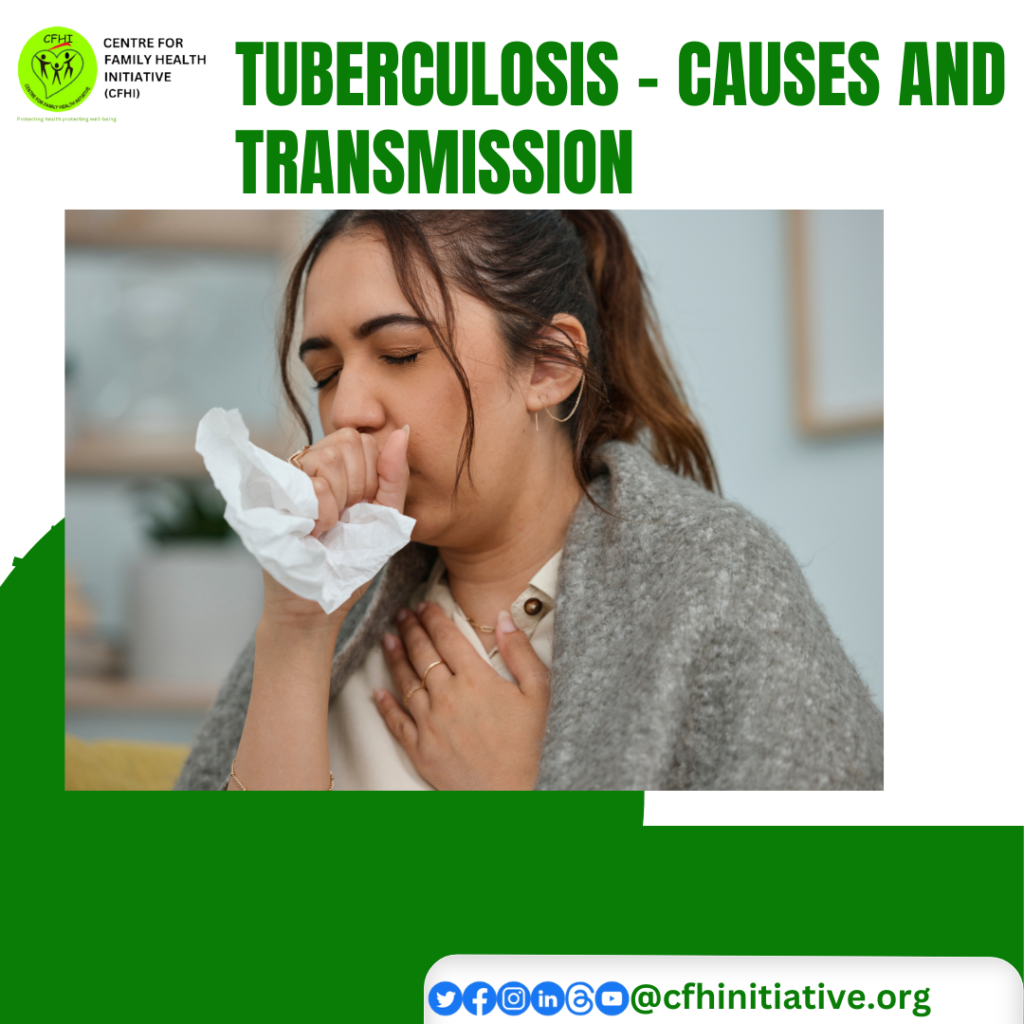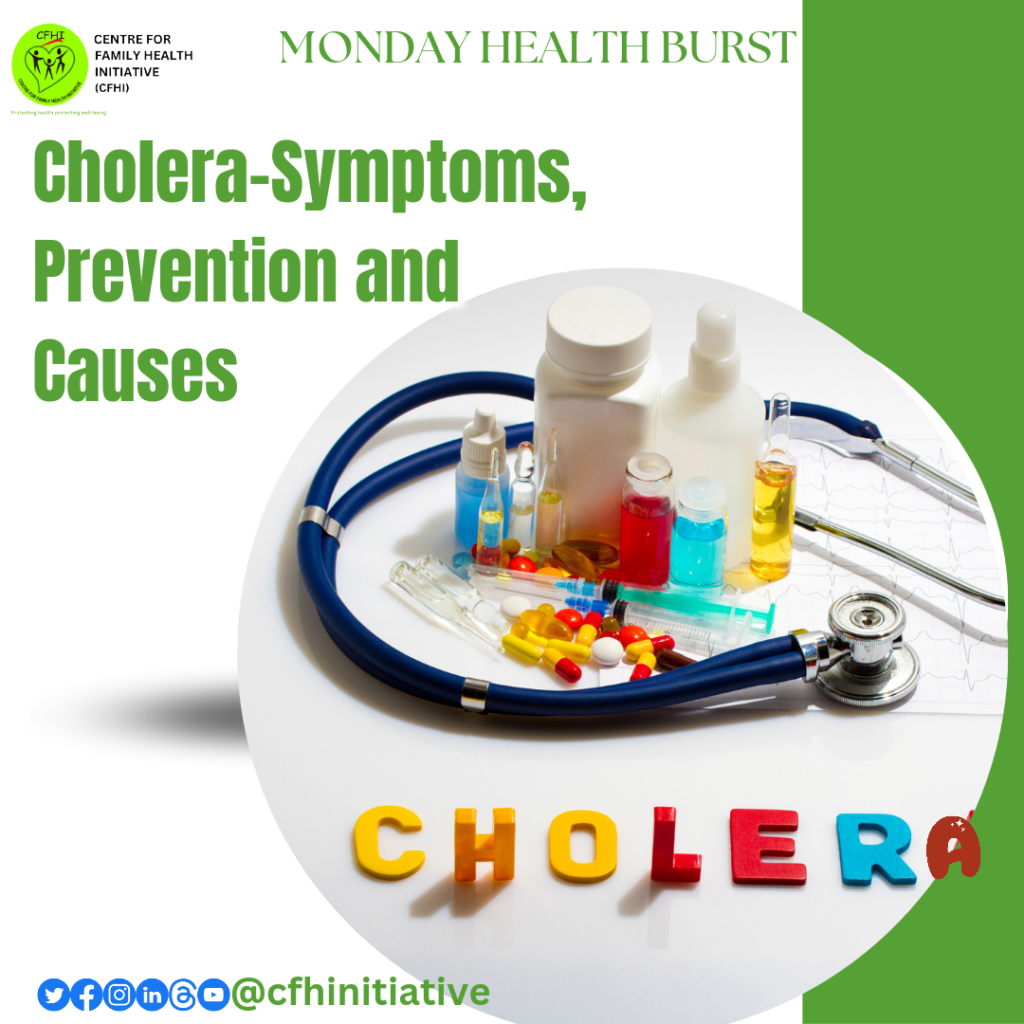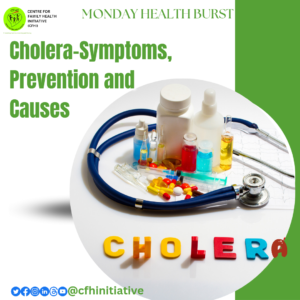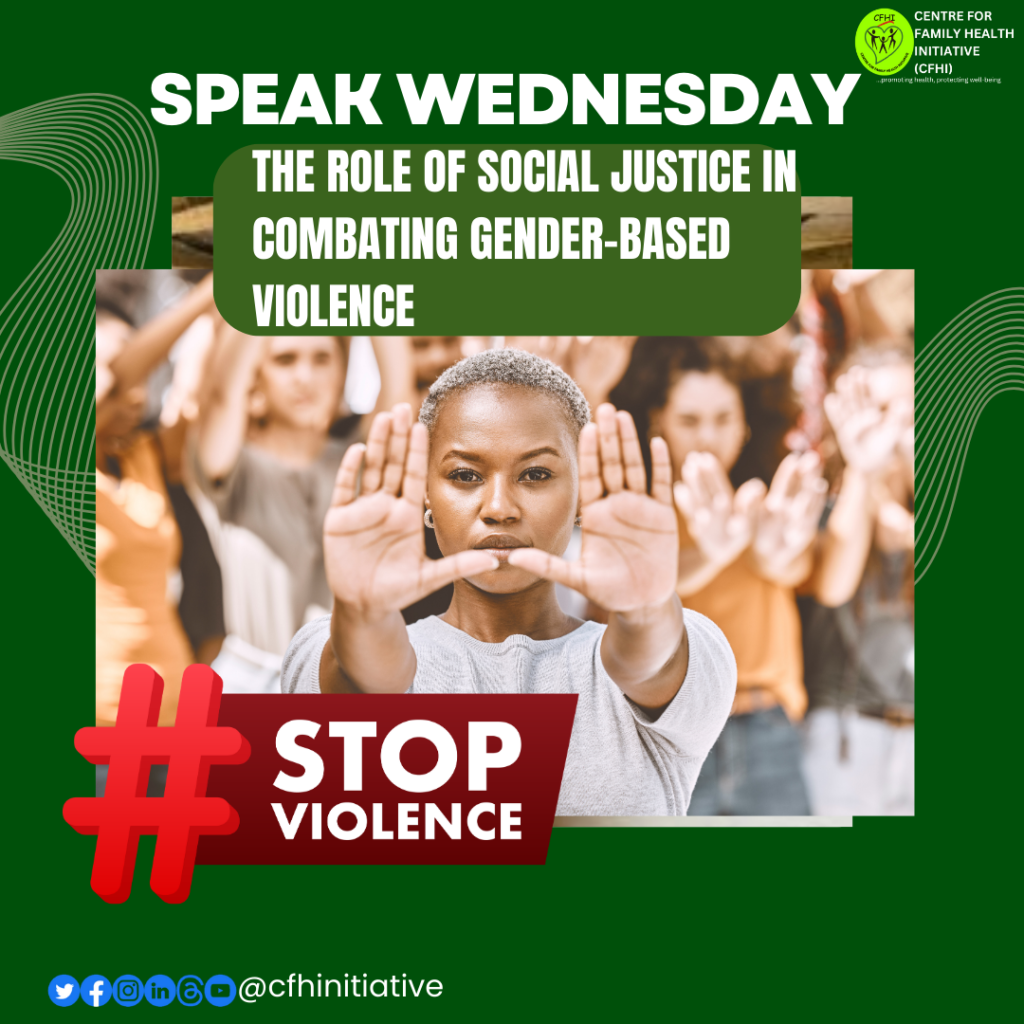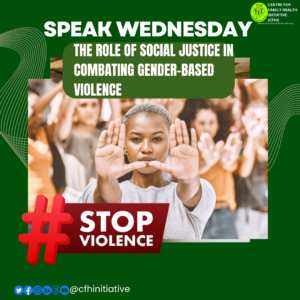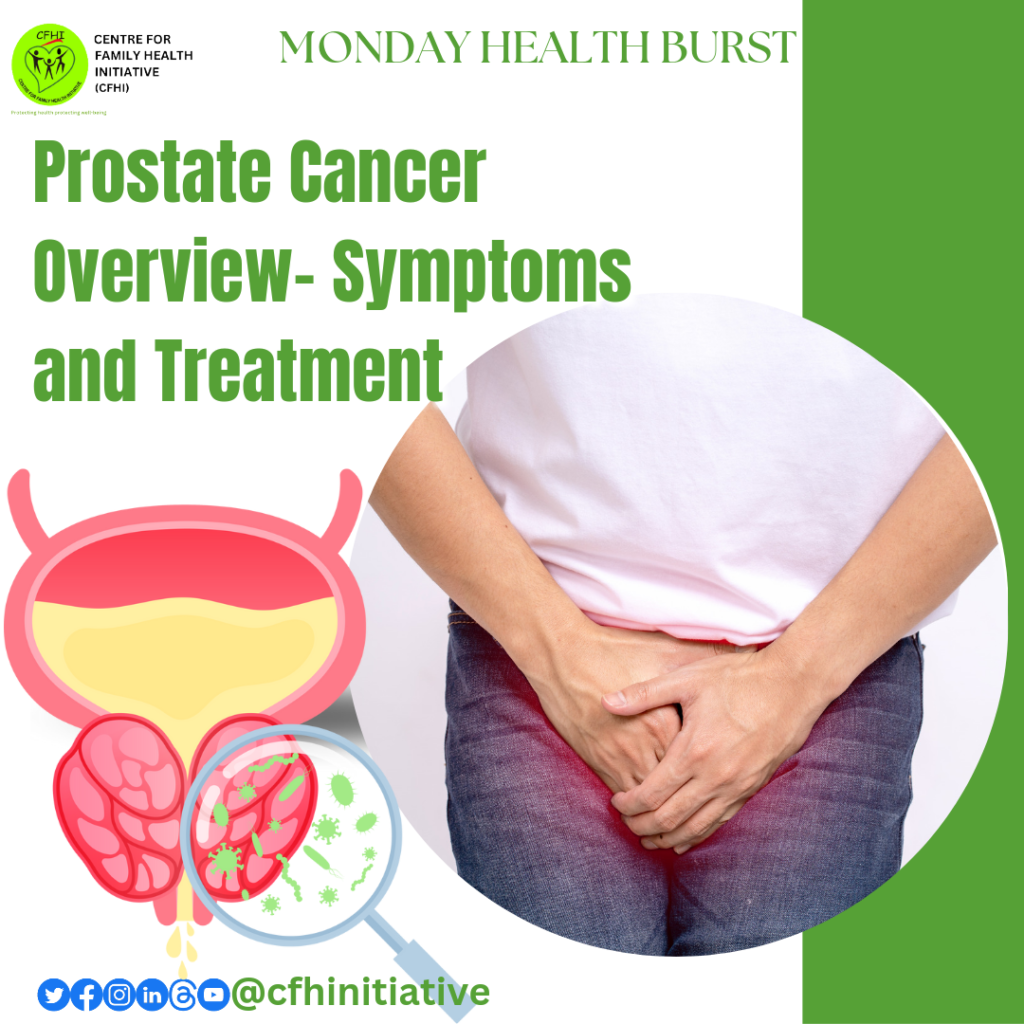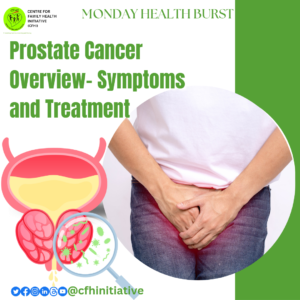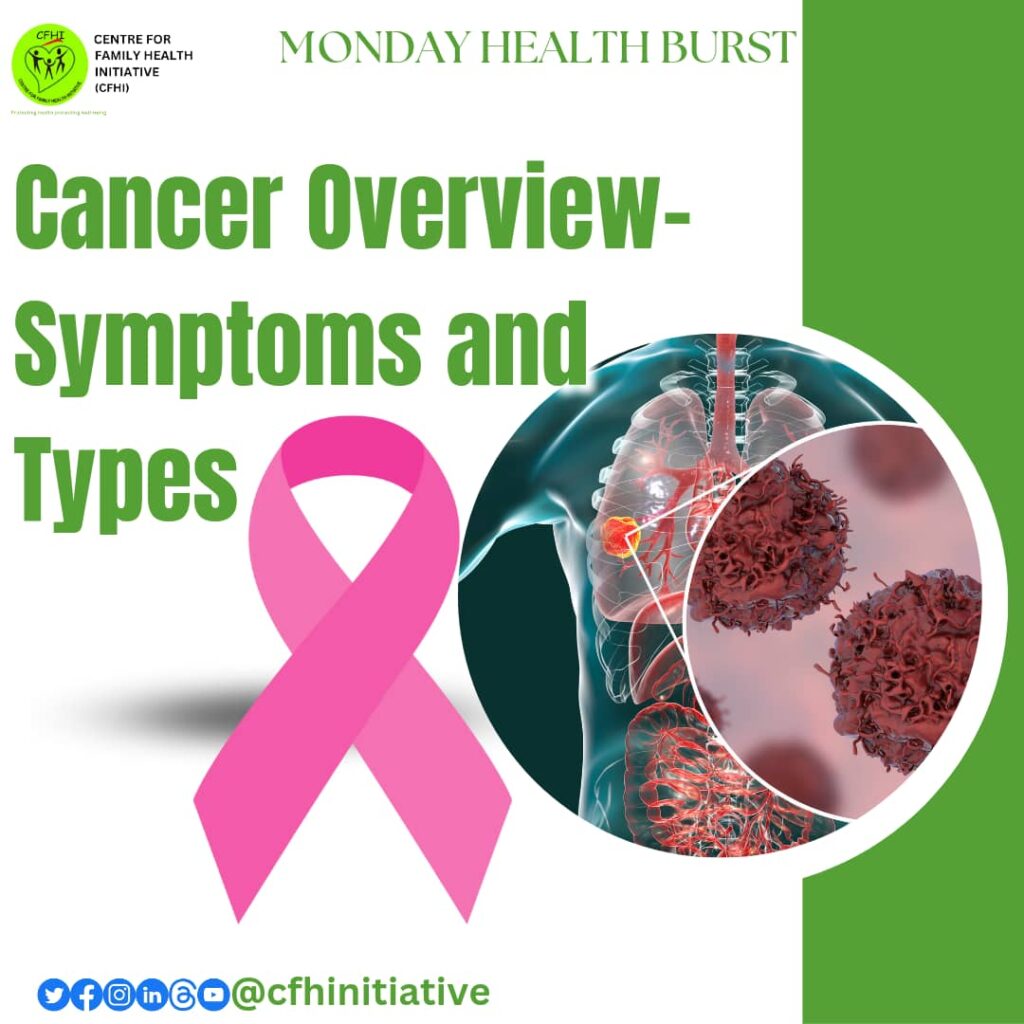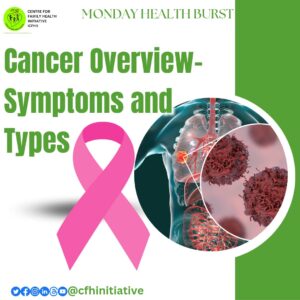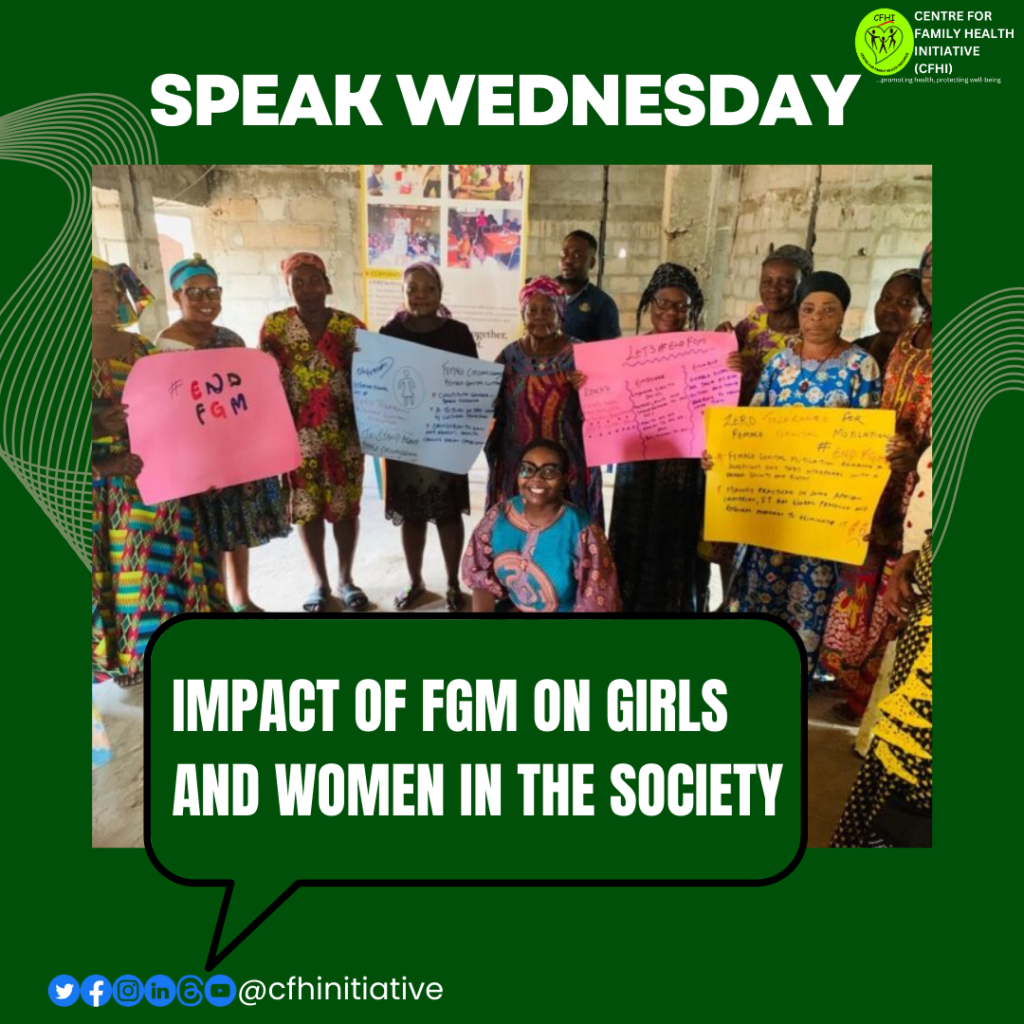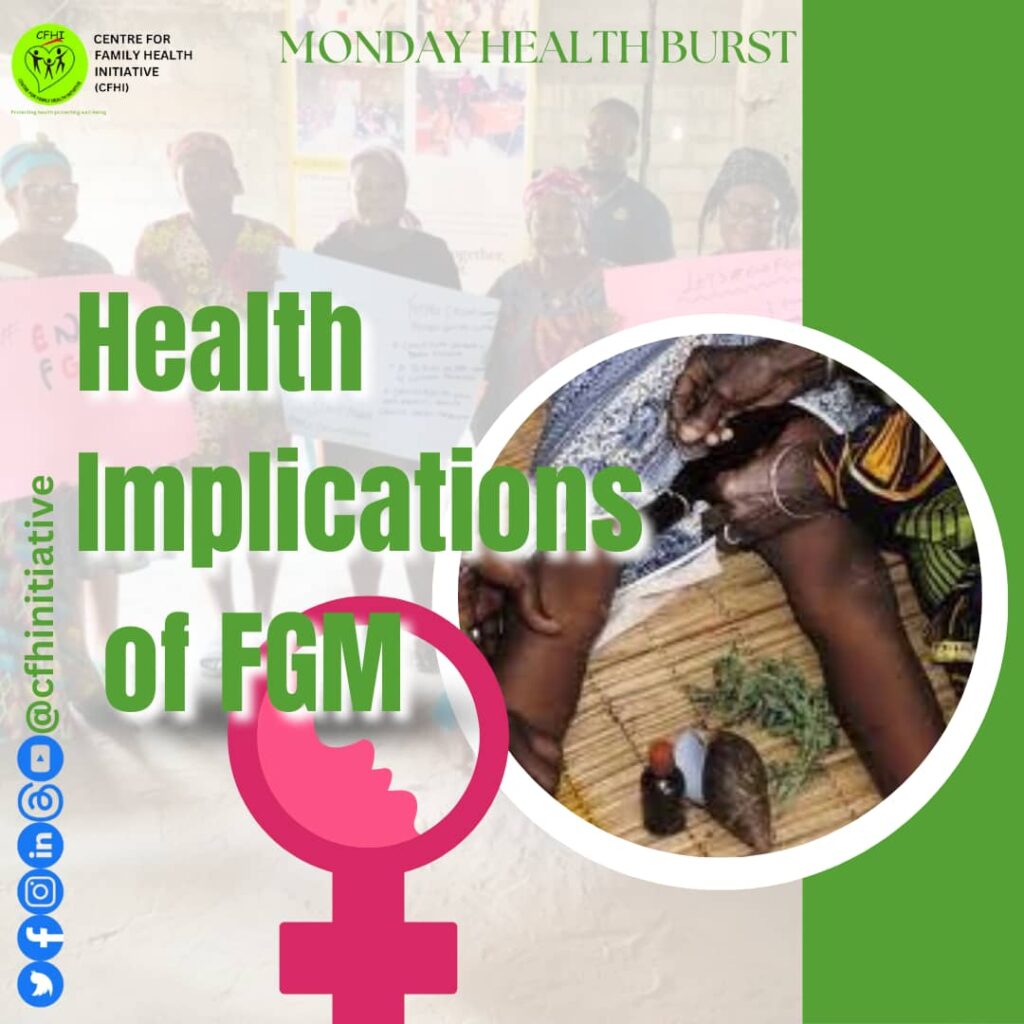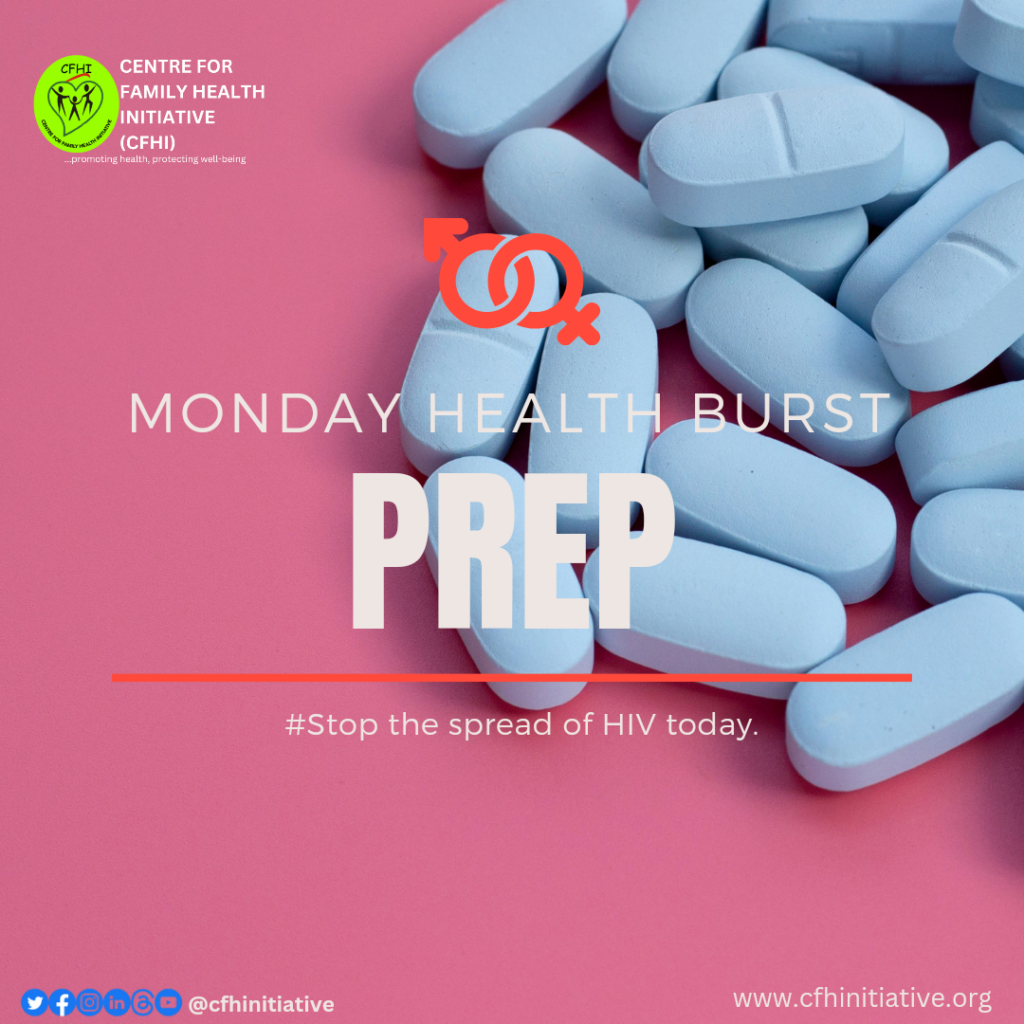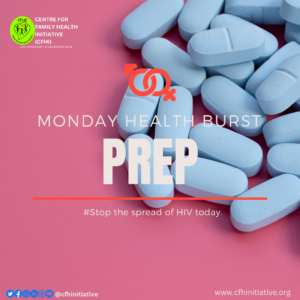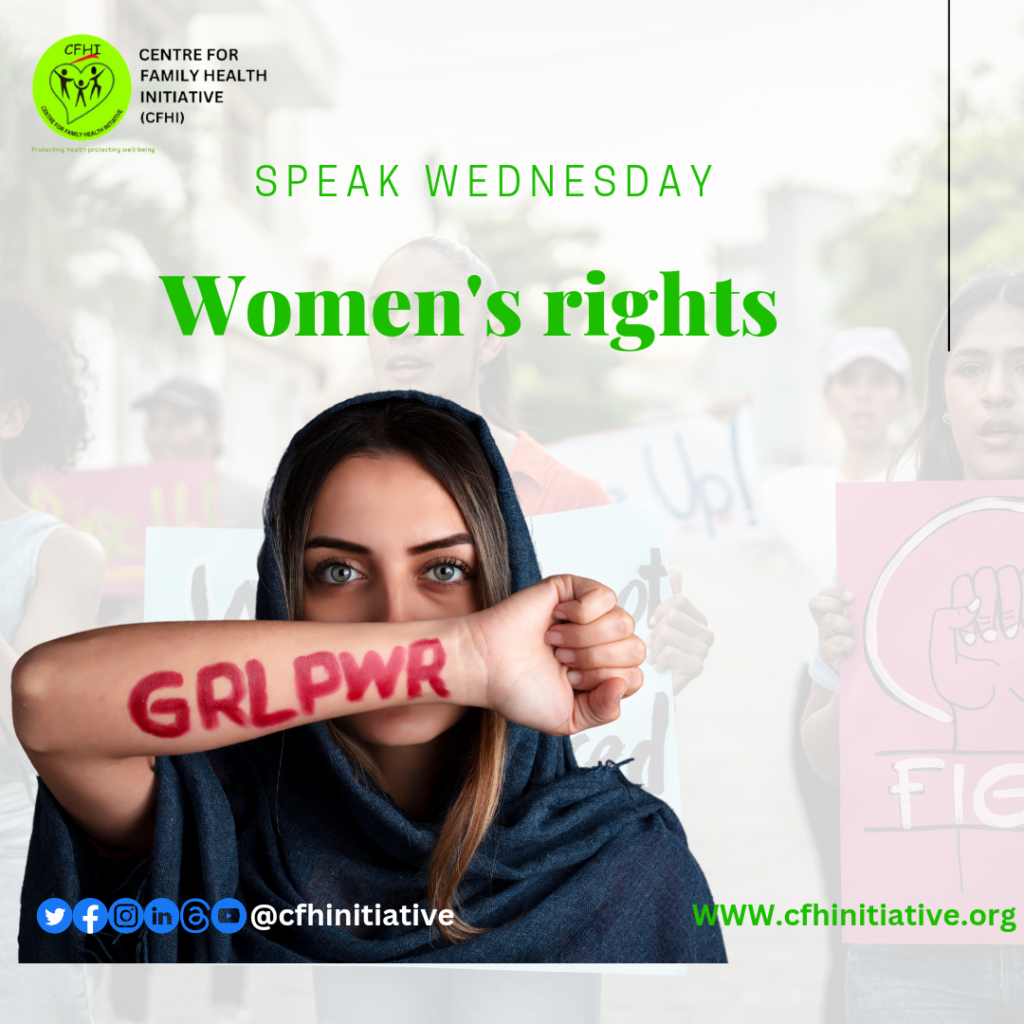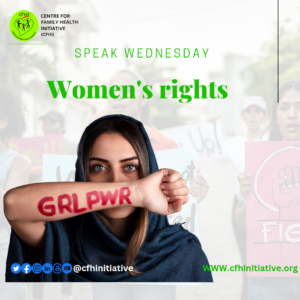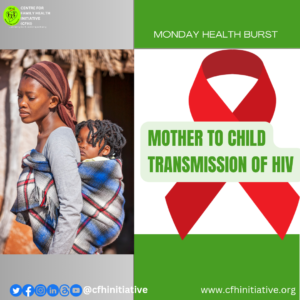MONDAY HEALTH BURST ON TRANSMISSION AND CAUSES OF TUBERCULOSIS
Tuberculosis (TB) remains a significant global health concern, with millions of new cases reported each year. This infectious disease primarily affects the lungs but can also target other parts of the body. In 2022, an estimated 10.6 million people fell ill with tuberculosis (TB) worldwide, including 5.8 million men, 3.5 million women and 1.3 million children. 1
TB is caused by the bacterium Mycobacterium tuberculosis, which spreads through the air when an infected person coughs, sneezes, speaks, or sings. The primary mode of transmission is through inhalation of airborne droplets containing the bacteria. However, not everyone exposed to TB bacteria becomes infected. Factors such as the duration and proximity of exposure, the infectiousness of the individual with TB, and the immune status of the exposed person play crucial roles in determining the likelihood of transmission. Certain environments can also facilitate TB transmission, particularly crowded and poorly ventilated spaces. Prisons, homeless shelters, refugee camps, and healthcare facilities are examples of settings where TB transmission can occur more readily.
The causes of TB include:
- Bacterial Infection: Mycobacterium tuberculosis is the main causative agent of TB. When someone with active TB disease coughs or sneezes, they release bacteria into the air, which can then be inhaled by others.
- Weak Immune System: People with weakened immune systems, such as those living with HIV/AIDS, malnutrition, or other conditions that compromise immunity, are at higher risk of developing TB. The immune system normally helps control TB infection, but when it’s weakened, the bacteria can multiply and cause active disease.
- Close Contact: Close and prolonged contact with someone who has active TB increases the risk of transmission. This is why household members, close friends, and healthcare workers who care for TB patients are at higher risk.
Drug Resistance: Misuse or inadequate use of antibiotics can lead to the development of drug-resistant strains of TB. Drug-resistant TB is more challenging to treat and requires more prolonged and costly therapy.
- Social Determinants: Socioeconomic factors such as poverty, overcrowded living conditions, and limited access to healthcare contribute to the spread of TB. These factors not only increase the risk of transmission but also hinder timely diagnosis and treatment, leading to more severe disease outcomes.
Tuberculosis transmission and causes are multifaceted, involving biological, environmental, and social factors. Preventing the spread of TB requires a comprehensive approach that includes early detection, effective treatment, infection control measures, and addressing the underlying social determinants of health.
Recently, CFHI collaborated with the National Tuberculosis and Leprosy Control Programme (NTBLCP) and other relevant stakeholders to increase public awareness of the symptoms and significance of tuberculosis screening and treatment in Nigeria.
Monday Health Burst is an initiative of CFHI to address issues of basic health concern. Join us every Monday on all our social media platforms for more episodes.
Reference:
https://www.who.int/news-room/fact-sheets/detail/tuberculosis
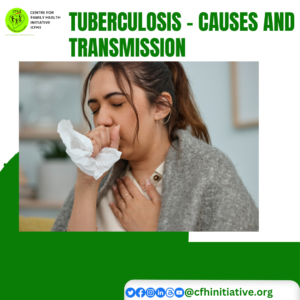
MONDAY HEALTH BURST ON TRANSMISSION AND CAUSES OF TUBERCULOSIS Read More »

